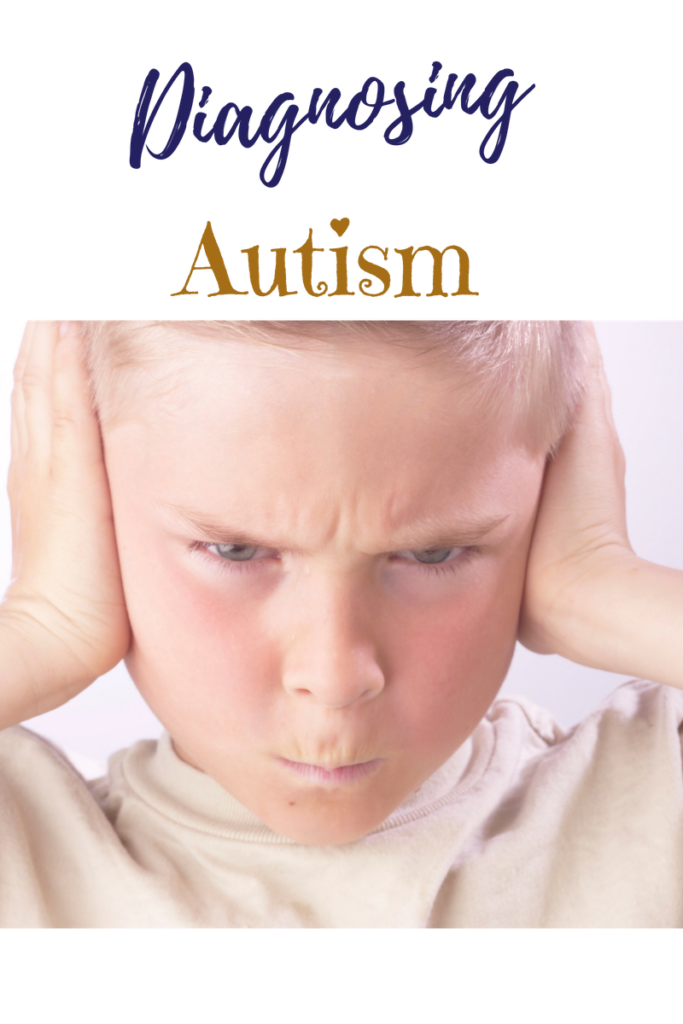
April is Autism Awareness Month
April is World Autism Awareness Month. The goal is to help others learn about Autism and foster acceptance of those who are diagnosed with Autism. Autism Speaks is a fabulous resource for families that have a loved one diagnosed with Autism or think that a family member may have Autism (Link to Autism Speaks).
1:59 Children Diagnosed with Autism
According to recent research from the Center for Disease Control (CDC), the diagnosis rate for Autism is 1 out of 59 children in the United States (Learn more here!).
1 in 59 Children Identified with Autism
Components of Diagnosing Autism
When it comes to understanding Autism and making a diagnosis of Autism, there are several pieces of information that are needed. School psychologists, doctors, and other mental health professionals use the Diagnostic Statistical Manual 5th Edition (DSM-5) to diagnosis Autism. There are five areas that must be looked at to make a diagnosis of Autism.
- The individual has impaired social interactions and social communication skills. For example, the individual may have difficulty maintaining and developing relationships with peers and adults. When having conversations with others, they may tend to be one-sided and focus on what the individual is interested in.
- The individual may display repetitive and/or restricted patterns of behavior. For example, a child may be preoccupied with the wheels on a car, lining up bins, and/or having an oversensitivity or under-sensitivity to his or her environment.
- Typically, these behaviors are noticed from an early development age. There is some research that suggests that we can accurately diagnosis Autism by age 2; however, there are many children who are not identified until they are older or enter elementary school. Sometimes, children are able to compensate for their behaviors; however, as task demands increase, the behaviors may become more pronounced.
- An Autism diagnosis is appropriate when the individual’s symptoms cause a significant level of impairment in a major area of life, such as at work, at school, or another major life area.
- Autism is an appropriate diagnosis when the child’s symptoms are not better explained by a developmental delay or an intellectual disability.
What should I do if I think my child may have autism?




Hi
Being much older than most of your parents…I am sure there were many children with undiagnosed autism whilst growing up. Do you believe their is more…or just more diagnoses….with more refined tools to diagnose or do upi think our air quality, unclean environment,ent etc could be a factor.